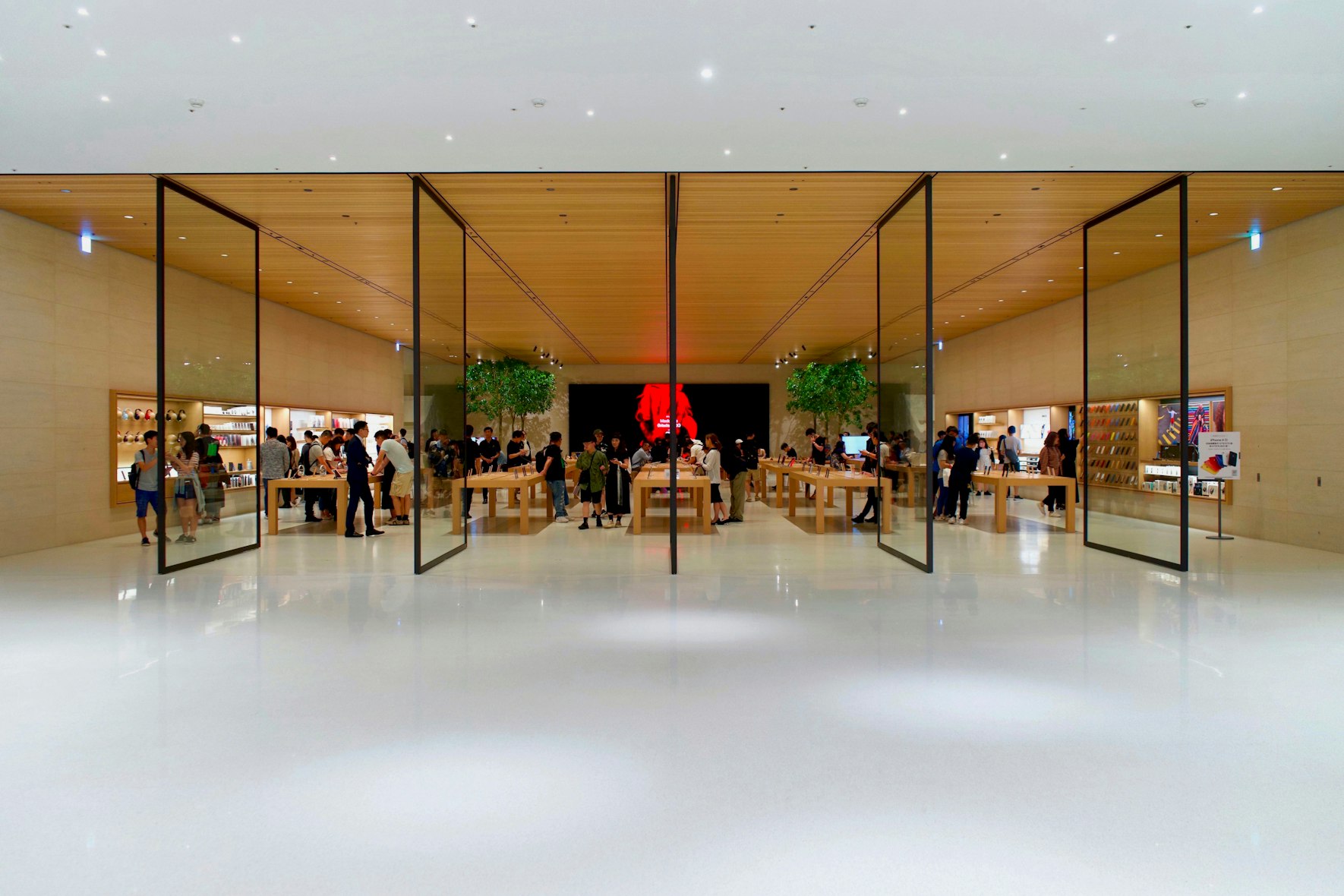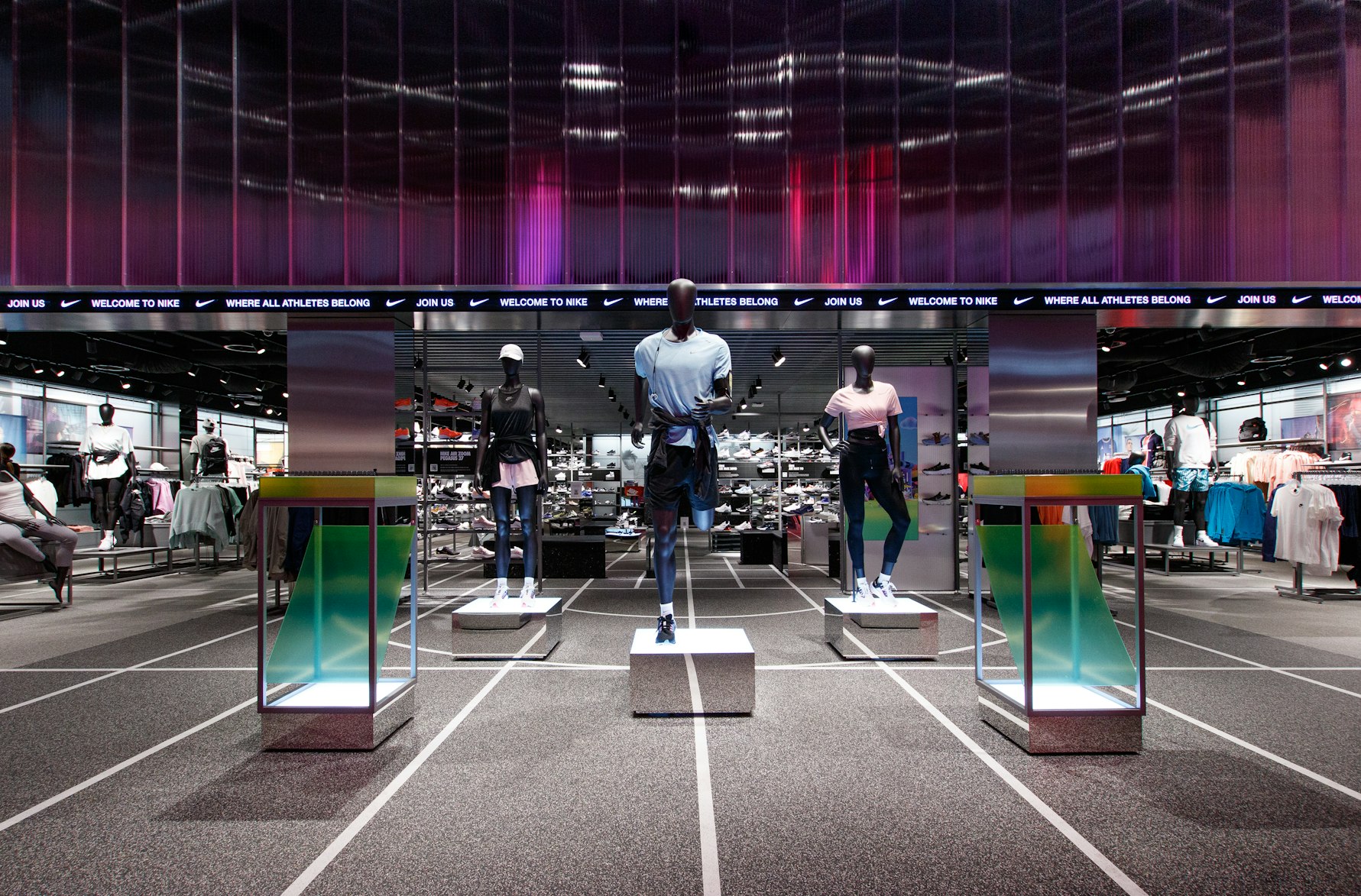Small Business Units
in Retail Business Organization Structure

In the retail industry, the organisational structure plays a critical role in defining the success of the business. An efficient and well-structured organization can improve productivity, increase efficiency, and boost overall profitability. Small business units concept has emerged as an effective way to enhance the retail business organization structure. This article aims to explore how small business units can improve the retail business organization structure.
Introduction
A well-structured organization is essential for the success of any business, including the retail industry. In the retail sector, organizational structure refers to how the business is arranged to accomplish its goals. It defines the roles, responsibilities, and reporting relationships within the organization. A sound organizational structure can help retail businesses to operate more efficiently and effectively, and it can provide a competitive advantage. The small business units concept is a new approach to organizing retail businesses that has proven to be effective in improving organizational performance.
The Traditional Retail Business Organization Structure
The traditional retail business organizational structure is hierarchical, with a clear chain of command. The decision-making authority flows from top to bottom, and employees are organized into functional departments. In this structure, the senior management team has full control over all the company's operations, and they make all the critical decisions. While this structure has some advantages, it also has several limitations.
Advantages of traditional structure include clear lines of authority, well-defined roles and responsibilities, and the ability to specialize in different functions. However, the disadvantages include limited flexibility, slow decision-making, and a lack of employee autonomy. The traditional structure is rigid, and it can hinder the company's ability to adapt to changes in the business environment.
Small Business Units Concept in Retail
The small business units concept is an alternative approach to organizing retail businesses. It involves dividing the organization into small business units, each with its own management team, budget, and decision-making authority. The small business units are responsible for their own profit and loss, and they are empowered to make decisions independently. This structure allows businesses to be more flexible and responsive to customer needs.
Advantages of small business units include increased autonomy, faster decision-making, and improved customer focus. Each unit is responsible for its own performance, which creates a sense of ownership and accountability. Additionally, small business units can adapt more quickly to changes in the market, which is essential in the fast-paced retail industry.
Examples of small business units in retail industry include H&M, Target, and Walmart. These companies have successfully implemented small business units in their organizational structure, which has led to improved organizational performance.
Implementing small business units in retail requires careful planning and execution. Companies need to define the boundaries of each unit, allocate resources, and establish clear communication channels. They also need to establish performance metrics to evaluate each unit's performance and ensure they are aligned with the overall goals of the organization.
Improving Organizational Performance

Improving Organizational Performance with Small Business Units
Small business units can significantly improve the retail business organization structure in several ways:
Improved Decision-Making Process
In the traditional structure, the decision-making process is slow and often requires approval from multiple levels of management. This can lead to delays in decision-making and missed opportunities. Small business units, on the other hand, have the authority to make decisions independently, which speeds up the decision-making process.
Increased Flexibility and Adaptability
The retail industry is highly competitive, and businesses need to be flexible and adaptable to stay ahead. Small business units are more flexible than traditional structures, allowing businesses to respond quickly to changes in the market. This can help companies stay ahead of their competitors and adapt to new trends and customer demands.
Enhanced Customer Experience
Small business units can provide a more personalized customer experience. Each unit can tailor its products and services to meet the specific needs of its customers, which can lead to increased customer loyalty and satisfaction. Small business units can also respond more quickly to customer complaints and feedback, which can help businesses to improve their overall customer experience.
Improved Communication and Collaboration
Small business units require clear communication channels and collaboration between teams. In this structure, each unit has its own management team, but they need to work together to achieve the overall goals of the organization. This structure can improve communication and collaboration, leading to better overall performance.
Higher Employee Engagement and Motivation
Small business units create a sense of ownership and accountability among employees. Each unit is responsible for its own performance, which can motivate employees to work harder and take ownership of their work. This can lead to increased employee engagement and motivation, which can improve organizational performance.
Key factors

Key Success Factors for Implementing Small Business Units in Retail
While the small business units concept can significantly improve the retail business organization structure, there are several key success factors that companies need to consider when implementing this structure:
Clear and Defined Goals
Small business units should have clear and defined goals that are aligned with the overall goals of the organization. This can help ensure that each unit is working towards the same objectives and can improve overall performance.
Organizational Culture
Organizational culture plays a critical role in the success of small business units. Companies need to create a culture that supports collaboration, communication, and autonomy. This can help employees to feel empowered and motivated to achieve their goals.
Technology and Infrastructure
Small business units require the right technology and infrastructure to operate efficiently. Companies need to invest in the right tools and systems to support this structure, including communication and collaboration tools, performance tracking systems, and data analytics tools.
Leadership and Management
Effective leadership and management are critical to the success of small business units. Companies need to ensure that each unit has strong leaders who can motivate and guide their teams towards achieving their goals. Additionally, the senior management team needs to provide support and guidance to each unit to ensure that they are aligned with the overall goals of the organization.
Conclusion
In conclusion, the small business units concept can significantly improve the retail business organization structure. By adopting a decentralized approach, businesses can enhance performance, flexibility, and customer experience. It is important to consider key success factors while implementing small business units in retail, including clear and defined goals, organizational culture, technology and infrastructure, and effective leadership and management.
FAQs
What is the small business units concept? The small business units concept is an alternative approach to organizing retail businesses. It involves dividing the organization into small business units, each with its own management team, budget, and decision-making authority.
How can small business units improve retail business organization structure? Small business units can improve retail business organization structure by increasing autonomy, speeding up decision-making, improving customer focus, enhancing communication and collaboration, and increasing employee engagement and motivation.
What are the advantages of small business units in retail? Advantages of small business units in retail include increased autonomy, faster decision-making, improved customer focus, increased flexibility and adaptability, and enhanced employee engagement and motivation.
What are the key success factors for implementing small business units in retail? Key success factors for implementing small business units in retail include clear and defined goals, organizational culture, technology and infrastructure, and effective leadership and management.
Can small business units concept work in all types of retail businesses? Small business units concept can work in various types of retail businesses, but it requires careful planning and execution. Companies need to evaluate their organizational structure and goals to determine if small business units are appropriate for their business.



